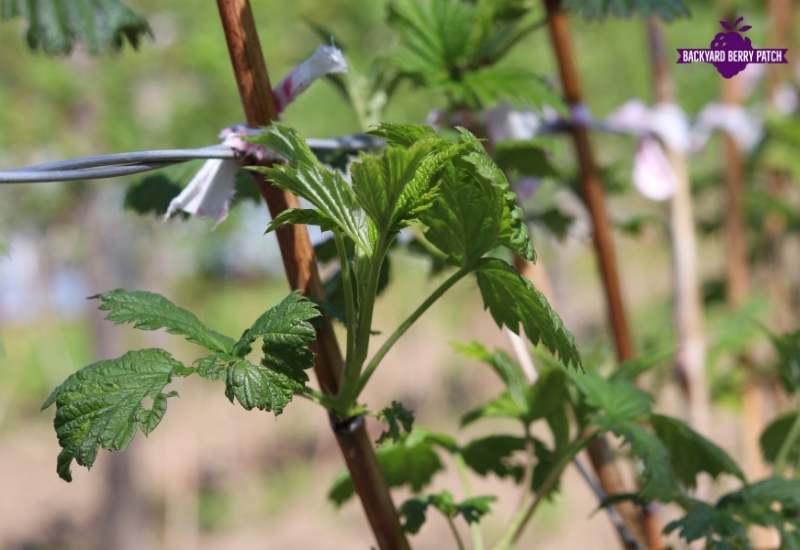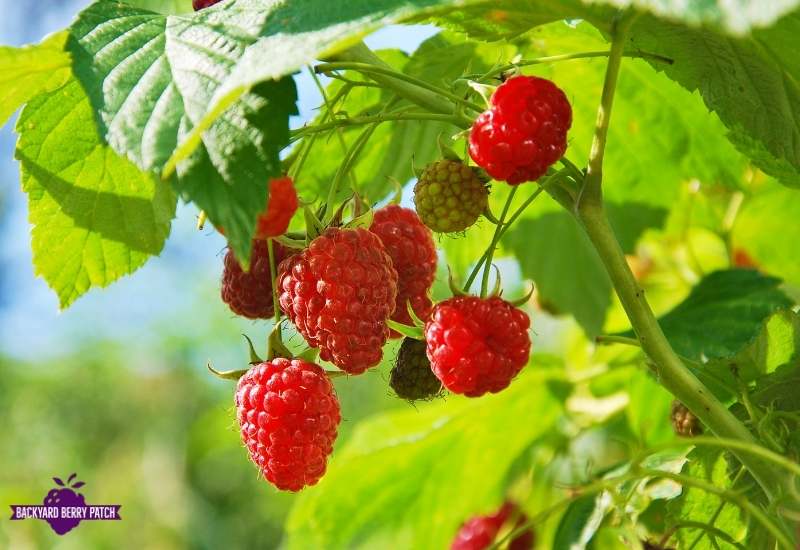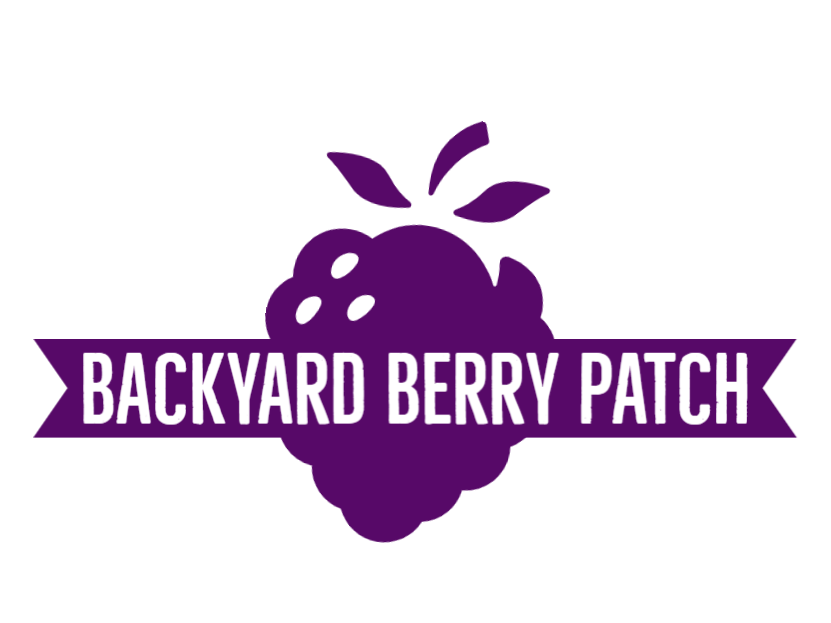Growing raspberries in Illinois can be a sweet and rewarding experience. These juicy fruits are perfect for fresh eating, baking, or making jams. With the right variety, you can enjoy a bountiful harvest from your own backyard.
The best raspberry varieties for Illinois include Heritage, Latham, and Bristol. These cultivars are well-suited to the state’s climate and can produce high-quality fruit. You’ll want to choose a type that matches your gardening goals and taste preferences.
When picking a raspberry variety, think about factors like fruit color, harvest time, and plant hardiness.
Some types bear fruit in summer, while others produce in fall. By selecting a mix of cultivars, you can extend your raspberry season and enjoy fresh berries for months.
Illinois Climate And Soil Overview
Illinois has a climate that’s great for growing raspberries. You’ll enjoy warm summers and cold winters, perfect for these tasty berries. The state gets plenty of rain, which raspberries love.
Your soil is key to success. Illinois has rich, fertile soil in many areas. This is good news for your raspberry plants. They like soil that drains well but holds moisture.
Spring in Illinois is mild. This is when you’ll want to plant your raspberries. The soil warms up, giving your plants a good start.
Summers can be hot. Make sure your raspberries get enough water during dry spells. A layer of mulch helps keep the soil moist.

Fall brings cooler temps. This is when many raspberry types ripen. You’ll be picking lots of berries!
Here’s a quick look at what raspberries need in Illinois:
- Full sun (6-8 hours daily)
- Well-drained soil
- Protection from strong winds
- Regular watering
Recommended Thornless Raspberry Varieties In Illinois
Looking to grow raspberries without the prickles? You’re in luck! Illinois offers great options for thornless raspberry varieties.
Heritage raspberries are a popular choice. They’re everbearing, which means you’ll get two harvests each year. The berries are medium-sized and have a sweet flavor.
If you want something different, try yellow raspberries.
Anne is a thornless yellow variety that produces large, sweet fruits. It’s also everbearing, giving you a long harvest season.
For a unique color, consider purple raspberries. They’re a cross between red and black raspberries. While not completely thornless, they have fewer thorns than other varieties.
Here’s a quick comparison of thornless varieties:
| Variety | Color | Bearing Type | Flavor |
|---|---|---|---|
| Heritage | Red | Everbearing | Sweet |
| Anne | Yellow | Everbearing | Very sweet |
| Caroline | Red | Everbearing | Rich, full |
| Fall Gold | Yellow | Everbearing | Sweet, mild |
Remember, these thornless varieties are easier to pick and maintain. You’ll enjoy growing and harvesting them without worrying about scratches.
When planting, space your raspberries 2-3 feet apart in rows. This gives them room to grow and makes harvesting easier.
Recommended Thorny Raspberry Varieties In Illinois
If you’re looking to grow thorny raspberries in Illinois, you’ve got some great options! Let’s explore a few varieties that thrive in the Prairie State.

For red raspberries, consider Boyne and Killarney. These summer-bearing varieties are hardy and produce delicious fruits. You’ll enjoy a bountiful harvest in early to mid-summer.
Black raspberries are another excellent choice. Try growing Bristol or Jewel. These varieties are known for their sweet flavor and firm berries. They’re perfect for fresh eating or making jams.
Don’t forget about purple raspberries! Royalty and Brandywine are two thorny varieties that do well in Illinois. They offer a unique flavor profile that’s a mix of red and black raspberries.
Here’s a quick comparison of some recommended varieties:
| Variety | Type | Bearing Season |
|---|---|---|
| Boyne | Red | Summer |
| Killarney | Red | Summer |
| Bristol | Black | Summer |
| Jewel | Black | Summer |
| Royalty | Purple | Summer |
| Brandywine | Purple | Summer |
Remember, these thorny varieties often produce more fruit than thornless ones. While they require careful handling, the abundant harvest is worth the extra effort!
